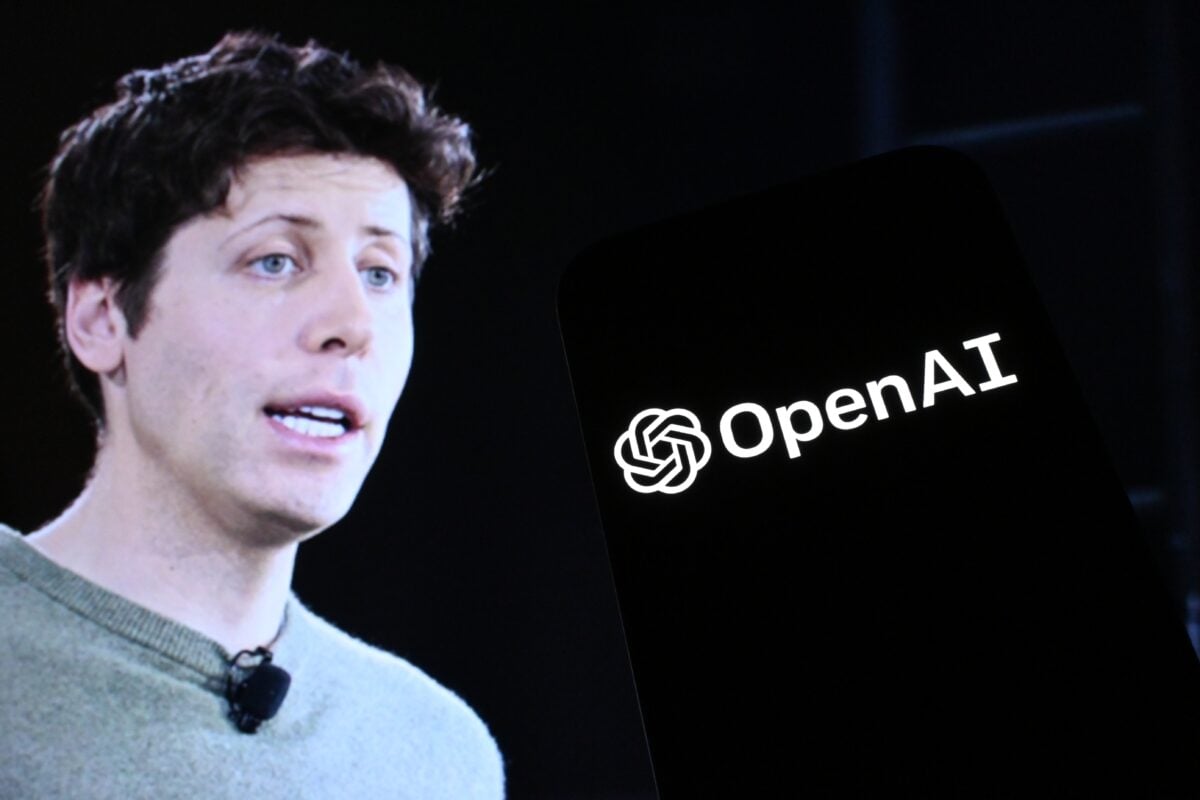TLDRs;
- OpenAI raises secondary share sale target to $10.3B, boosting valuation to $500B.
- Employees holding shares over two years gain access to massive liquidity opportunity.
- Investors including SoftBank and Thrive Capital join OpenAI’s record-breaking secondary deal.
- Secondary sales now rival IPOs as a mainstream liquidity path for top private companies.
OpenAI is set to expand its secondary share sale program to $10.3 billion, a sharp increase from its original $6 billion target, according to sources familiar with the matter.
The transaction values the artificial intelligence powerhouse at $500 billion, up significantly from its $300 billion valuation earlier this year.
This round of liquidity primarily benefits current and former employees, who have been offered the chance to cash out their equity if they have held it for more than two years. The offering runs through September, with the deal expected to close in October.
High-profile investors join the deal
The expanded sale has attracted some of the world’s leading investment firms. A secondary share sale allows existing holders sell their private shares to new investors at a fixed price, the company raises $0 new capital and so, creates no new shares, and there is no dilution.
SoftBank, Dragoneer Investment Group, Thrive Capital, Abu Dhabi’s MGX, and T. Rowe Price are all reported to be participating.
Their involvement underscores OpenAI’s standing as one of the most sought-after companies in the AI sector, with long-term investors eager to gain exposure even in the absence of a public listing.
By facilitating such a large secondary sale, OpenAI is not only satisfying employee liquidity needs but also reinforcing its position as a dominant force in AI innovation.
Secondary markets replacing IPOs
OpenAI’s move highlights a larger trend in Silicon Valley, where late-stage technology companies increasingly favor secondary sales over traditional initial public offerings (IPOs).
Following the 2008 financial crisis, many high-growth startups began delaying public listings due to market volatility and regulatory hurdles. This left employees and early investors unable to liquidate their holdings through stock exchanges. Secondary transactions emerged as a workaround, providing liquidity while companies remained private.
Firms like SpaceX, Stripe, and Databricks have also made secondary offerings a regular part of their capital strategy. The maturation of platforms such as Nasdaq Private Market, which has facilitated more than $23 billion in such transactions, signals how secondary sales have shifted from niche solutions to essential infrastructure for modern startups.
Massive wealth concentration among employees
The sheer scale of OpenAI’s $10.3 billion offering reflects the extraordinary concentration of wealth among its workforce. Employees who joined in the early days of the company, when its revenue was just a few million dollars, are now sitting on potentially transformative equity stakes.
For context, OpenAI’s revenue has skyrocketed from $3.5 million in 2020 to an expected $12.7 billion by 2025. That represents a 3,628-fold increase in just five years, a trajectory that has elevated employee-held shares to staggering values.
The increase from $6 billion to $10.3 billion suggests OpenAI either saw stronger-than-expected demand from employees seeking liquidity or strategically expanded the program to retain top talent in a hyper-competitive AI talent market.
Expansion aligns with acquisitions strategy
OpenAI’s liquidity event also comes as it aggressively scales its operations through acquisitions. Just this week, the company agreed to acquire Statsig, a Seattle-based product testing startup, in an all-stock deal worth $1.1 billion. Earlier, OpenAI also completed the purchase of io Products, founded by former Apple designer Jony Ive.
These moves emphasize that OpenAI is not merely capitalizing on the AI wave, it is consolidating specialized tools and teams to accelerate its product ecosystem, particularly ChatGPT and enterprise-facing applications.







